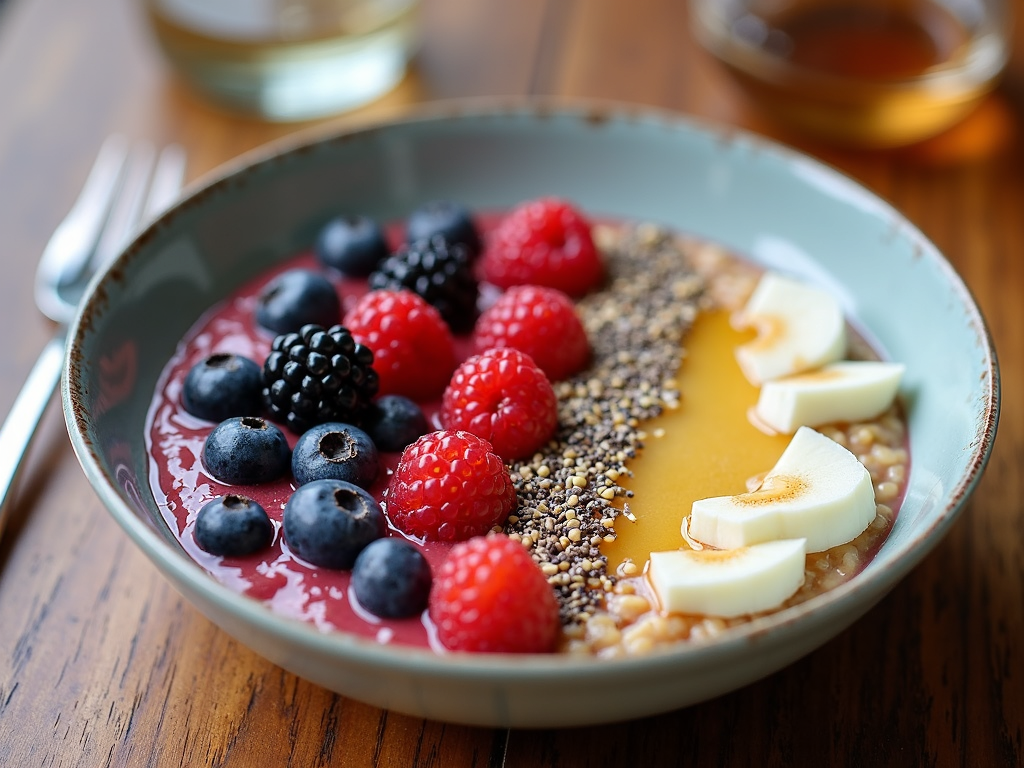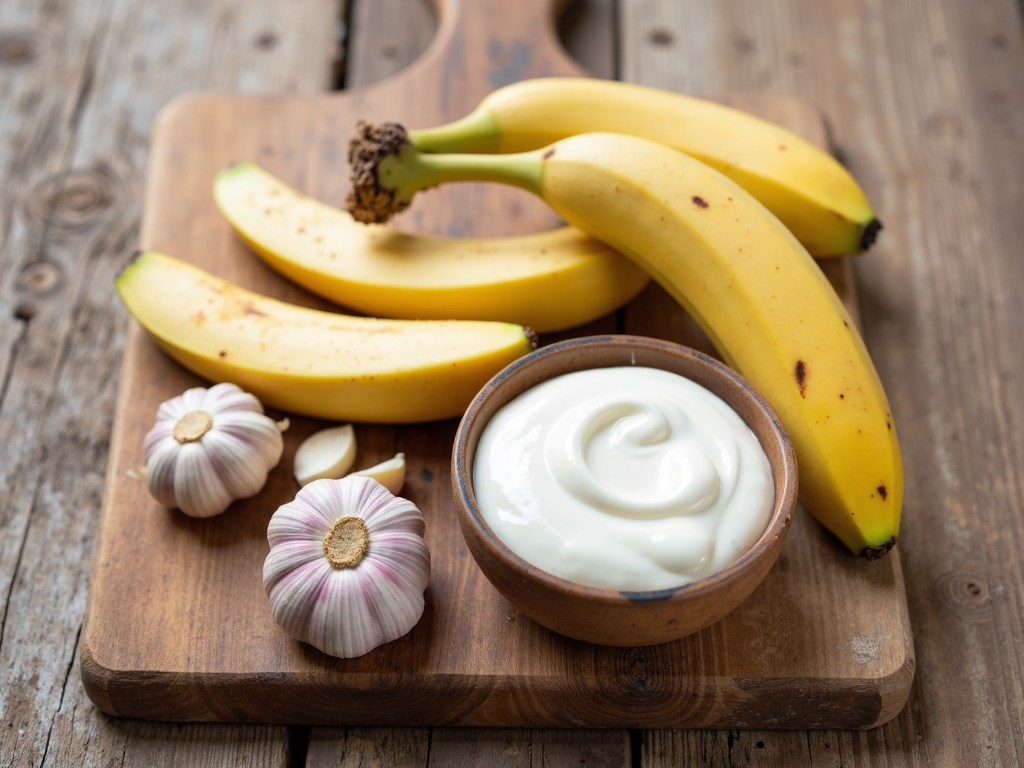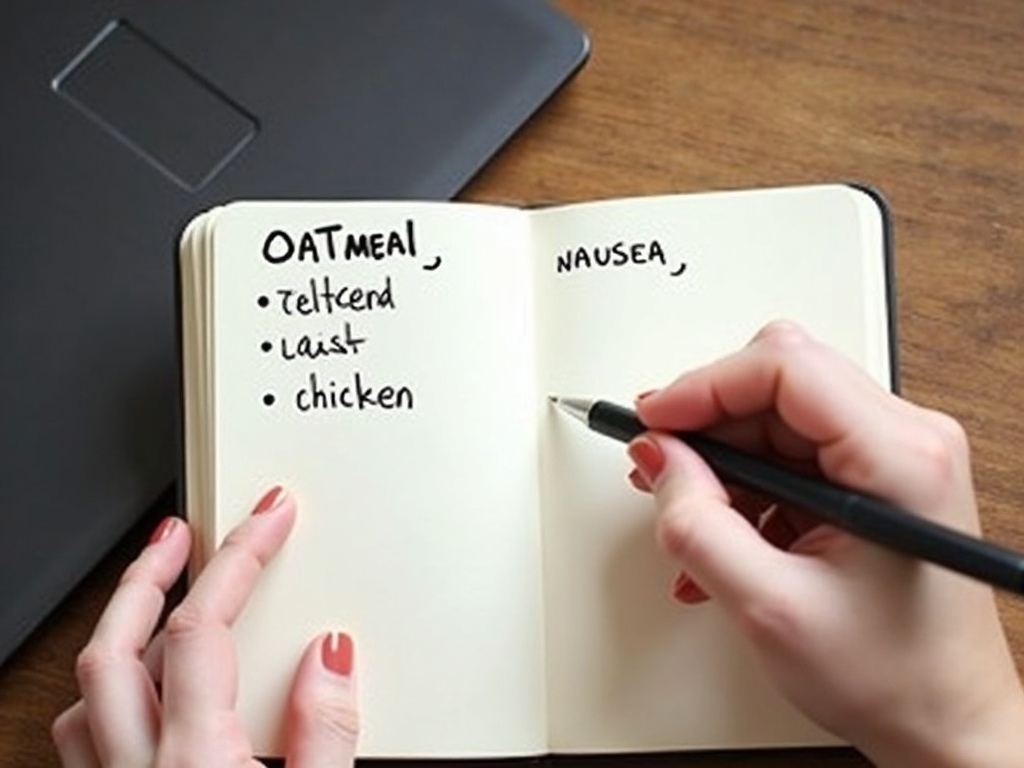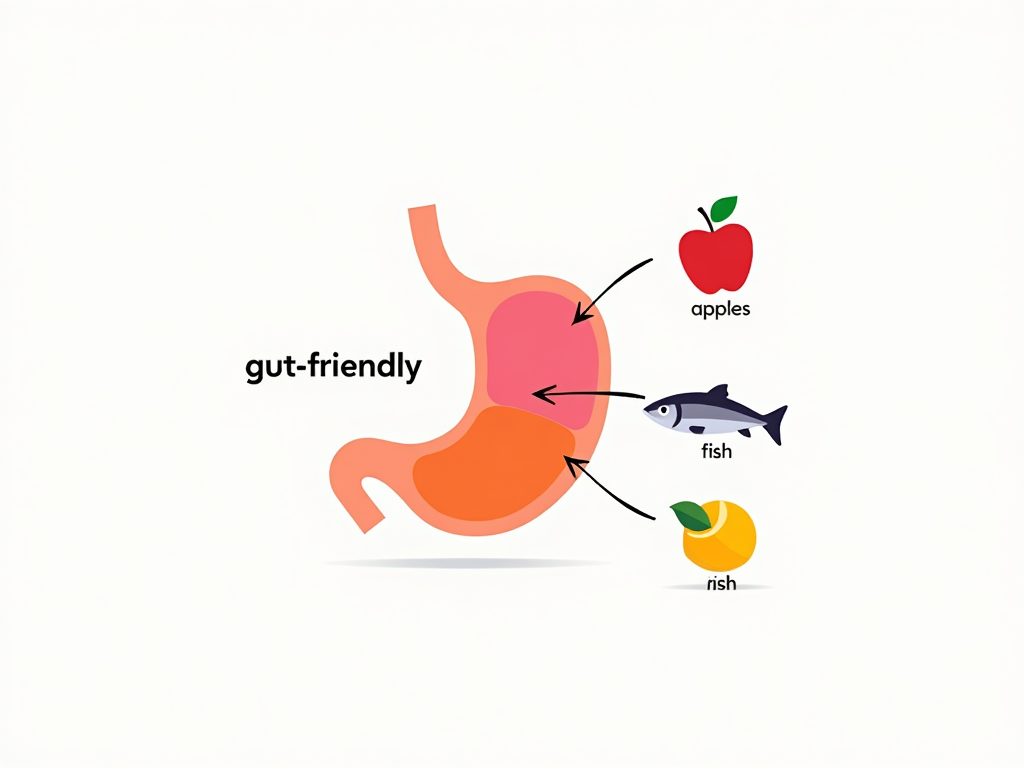Overview
Your gut does more than just digest food—it’s key to your overall health. A healthy gastrointestinal system keeps you energized and comfortable. But when it’s off balance, life gets tough. This article dives into Dietary Strategies for Gastrointestinal Health to help you feel your best.
Why Gastrointestinal Health Matters
The gastrointestinal system includes your stomach, intestines, and other organs that break down food and absorb nutrients. When it works well, you don’t notice it. But problems like bloating or pain can disrupt your day. Good gut health boosts energy, mood, and even immunity.

Common Gastrointestinal Disorders
Millions deal with gut issues every day. Take irritable bowel syndrome (IBS)—it brings abdominal pain and unpredictable bathroom trips. Then there’s inflammatory bowel disease (IBD), like Crohn’s, which causes inflammation and fatigue. Gastroesophageal reflux disease (GERD) sends acid back up, leaving you with heartburn. These conditions can wear you down.
Symptoms That Hit Hard
Gut disorders don’t mess around. You might feel cramps, diarrhea, or constipation. Nausea and vomiting can strike too. For some, it’s more than discomfort—chronic issues lead to dehydration or weight loss. The National Institute of Diabetes and Digestive and Kidney Diseases says over 60 million Americans face these struggles yearly.

Dietary Strategies for Gastrointestinal Health
Eating right can turn things around. Start with fiber—it keeps things moving. Think fruits, veggies, and whole grains. A study from Harvard Medical School shows fiber cuts constipation risk by 30%. Pair it with water to stay hydrated—aim for 8 cups a day.
Dodge the Triggers
Some foods stir up trouble. Spicy dishes, greasy fries, or too much coffee might spark symptoms. Everyone’s different, so listen to your body. Cutting out culprits can calm your gut fast. I learned this the hard way—pizza nights used to leave me bloated for days.

Boost Your Gut with Probiotics
Probiotics are your gut’s friends—live bacteria that balance things out. Find them in yogurt or kefir. Prebiotics, like those in bananas or onions, feed those good bugs. Together, they strengthen your gut lining and ease irritation. I started adding yogurt to breakfast, and the difference was night and day.
Managing Chronic Vomiting
Chronic Vomiting isn’t just an upset stomach—it’s relentless. It can stem from food allergies or conditions like FPIES (food protein-induced enterocolitis syndrome). Elimination diets help—cut out suspects like dairy or wheat with a doctor’s guidance. It’s tough, but it works.

Taming FPIES Symptoms
Chronic FPIES Symptoms hit kids and adults with vomiting and fatigue after certain foods. A food diary is a game-changer—track what you eat and how you feel. I helped a friend with FPIES spot rice as a trigger. It took time, but she got relief.
How I Tackled My Gut Issues
I’ve battled gut flare-ups for years. Fiber was my first win—swapping white bread for whole grain cut my bloating in half. Hydration helped too; I carry a water bottle everywhere now. Small changes added up, and I’m not doubled over after meals anymore.

The Mental Toll of Gut Problems
Chronic Vomiting and Its Psychological Effects are real. Constant symptoms breed stress and sadness. A Mayo Clinic report notes many patients feel anxious or isolated. I’ve been there—missing plans because of my stomach messed with my head.
Finding Support
Don’t go it alone. Doctors can tweak your diet or meds. Support groups—online or in person—lift you up. Talking to others who get it helped me feel less alone. The American Gastroenterological Association has resources to start.

Putting It All Together
Your gut health shapes your life. Eat fiber, drink water, skip triggers—it’s simple but powerful. For Understanding and Treating Gastrointestinal Disorders, team up with pros. Chronic issues like vomiting or FPIES need patience and a plan. You’ve got this.
Final Thoughts
Gut health isn’t a quick fix—it’s a journey. I’ve learned to tweak my meals and lean on others when it gets rough. Start small, track what works, and don’t be afraid to ask for help. A happier gut means a happier you.
Discuss Here